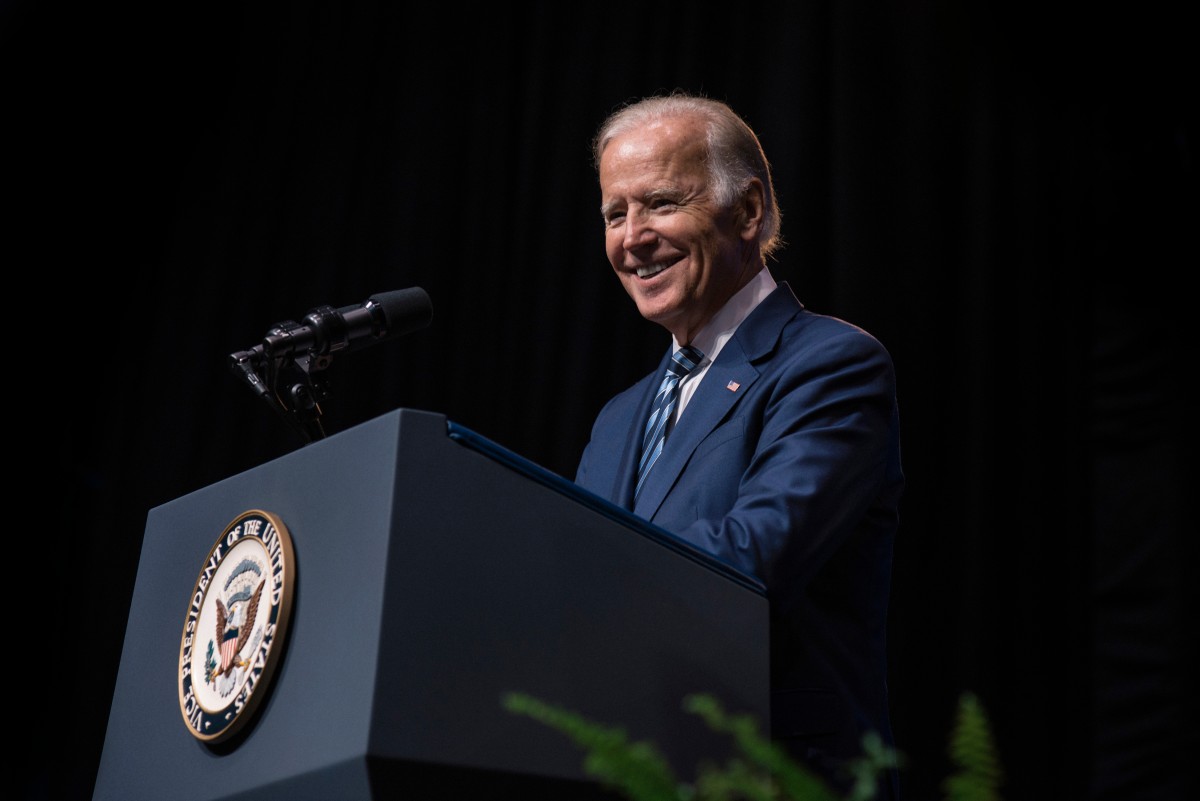The US – EU Announce Critical Implementation of the Global Methane Pledge for Oil & Gas

17 June 2022 — Today at the Major Economies Forum on Energy and Climate (MEF) hosted by President Biden the United States, the European Union, and 11 countries announced the Global Methane Pledge Energy Pathway to catalyze methane emissions reductions in the oil and gas sector, advancing both climate progress and energy security.
In today’s announcement key energy-producing states agreed to capture the maximum potential of cost-effective methane mitigation in the oil and gas sector, and to eliminate routine flaring as soon as possible, and no later than 2030. Participating countries also committed to support these efforts by providing new technical and financial resources and by enhancing domestic project and policy action.
If countries that currently export natural gas to the European Union were to implement measures to limit flaring, venting, and methane leaks, such as the implementation measures called for by the US and EU today, they could increase gas exports by more than 45 bcm using existing infrastructure, equivalent to almost one-third of Russian gas exports to the EU in 2021. Limiting flaring to emergencies would also lower local air pollution and cut black carbon emissions, which is another contributor to climate change.
“The climate impacts currently hammering the world are a stark reminder of how little time we have left before we lose the battle and climate feedbacks push us past catastrophic tipping points,” said Durwood Zaelke, President of the Institute for Governance & Sustainable Development (IGSD). “The Biden team is pointing world leaders in the right direction by focusing climate policy on 2030, calling for immediate cuts to methane emissions as the best way to slow near-term warming over the next critical 10 to 20-year period. This is the only way to save the planet.”
“Today’s Energy Pathway announcement is a critical step forward to implement the Global Methane Pledge, on the way to turning it into a global methane agreement.”
“Cutting methane and the other super climate pollutants is a complement not a substitute for decarbonization, and both strategies must be accelerated to the maximum extent possible to slow dangerous, irreversible climate changes,” he added.
Today’s announcement included nearly $60 million in dedicated funding to support the implementation of the Global Methane Pledge Energy Pathway.
- $4 million to support the World Bank Global Gas Flaring Reduction Partnership (GGFR). The US intends to support the transfer by the World Bank of at least $1.5 million in funding to the GGFR. Germany intends to provide $1.5 million and Norway intends to provide approximately $1 million to GGFR.
- $5.5 million to support the Global Methane Initiative. TheS. will provide $3.5 million. Guided by the recommendations of the GMI, Canada will contribute $2 million over the next four years, as part of its global climate finance commitment, to support methane mitigation projects in developing countries including in the oil and gas sector.
- Up to $9.5 million from the UNEP International Methane Emissions Observatory to support scientific assessments of methane emissions and mitigation potential in the oil and gas sector that are aligned with the Global Methane Pledge Energy Pathway.
- Up to $40 million annually from the philanthropic Global Methane Hub to support methane mitigation in the fossil energy sector.
A parallel report by the International Energy Agency (IEA), The energy security case for tackling gas flaring and methane leaks, released in conjunction with today’s announcement validates the importance of this strategy. The report estimates that nearly 210 billion cubic metres (bcm) of natural gas could be made available to gas markets by a global effort to eliminate non-emergency flaring and reduce methane emissions from oil and gas operations. These actions can avoid warming of almost 0.1°C, equivalent to immediately eliminating the greenhouse gas footprint of all cars, trucks, buses, and two- and three-wheelers in the world.
The Global Methane Pledge was first announced at President Biden’s first meeting of the MEF, in September 2021. A joint initiative by the US and EU, the pledge has a goal of at least a 30% reduction of global anthropogenic methane emissions below 2020 levels by 2030. Achieving this target would avoid over 0.2°C of warming by the 2040s and keep the planet on a pathway consistent with staying within 1.5°C, according to the Global Methane Assessment, released in May of 2021 by UNEP and the Climate & Clean Air Coalition, and confirmed by the IPCC 6th Assessment Working Group III report.
Methane pollution has already caused 0.51°C of the 1.0°C of total observed warming (2010–2019) compared to pre-industrial. Cutting methane emissions is the fastest strategy for the world to avoid crashing through the 1.5 °C guardrail. By slowing near-term warming, methane mitigation provides climate-vulnerable communities with more time to adapt while also decreasing communities’ adaptation burdens. To date, 120 countries have now endorsed the Pledge, representing half of global methane emissions and nearly three-quarters of the global economy.
***
The U.S.-EU Joint Press Release on the Global Methane Pledge Energy Pathway is here.
The White House Fact Sheet President Biden to Galvanize Global Action to Strengthen Energy-Security and Tackle the Climate Crisis through the Major Economies Forum on Energy and Climate is here.
The IEA Report The energy security case for tackling gas flaring and methane leaks is here.
